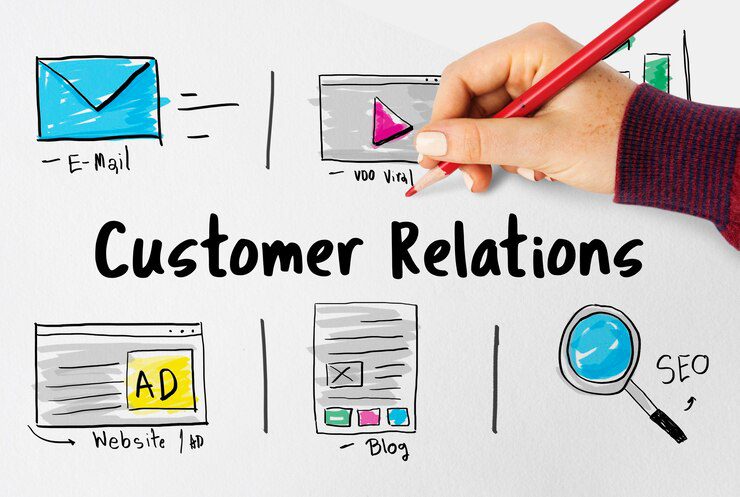In today’s hyper-connected world, where consumers have a plethora of options at their fingertips, delivering exceptional customer experience is no longer a luxury but a necessity. It’s the golden ticket to building brand loyalty, driving repeat business, and fostering advocacy. It’s like crafting a symphony where every touchpoint is a harmonious note, creating a melody that resonates with customers.
Understanding the Customer Journey
To deliver exceptional customer experience, it’s crucial to understand the customer journey. It’s like mapping a treasure hunt, identifying every touchpoint where customers interact with your brand. From initial awareness to post-purchase support, each stage presents opportunities to delight and engage. By mapping out this journey, businesses can identify areas for improvement and create seamless experiences.
The Importance of Personalization
Gone are the days of generic one-size-fits-all interactions. Customers desire personalized experiences that cater to their unique needs and preferences. By leveraging data and technology, businesses can tailor interactions to individual customers, making them feel valued and understood. It’s like curating a bespoke experience, where every detail is tailored to the customer’s taste.
Leveraging Technology for Enhanced Customer Experience
Technology is a powerful tool for enhancing customer experience. From chatbots and virtual assistants to AI-powered recommendations, businesses can streamline interactions and provide instant support. However, technology should enhance human interaction, not replace it. A combination of both is often the most effective approach.
Building Emotional Connections
While technology plays a crucial role, human connection remains the cornerstone of exceptional customer experience. Empathy, understanding, and a genuine desire to help customers are essential qualities for any customer-facing employee. Going the extra mile to resolve issues or exceed expectations can create lasting emotional connections.
Table: Key Components of Customer Experience
| Component | Description |
| Personalization | Tailoring experiences to individual customer needs and preferences |
| Empathy | Understanding and responding to customer emotions and needs |
| Convenience | Streamlining processes and reducing customer effort |
| Consistency | Delivering consistent experiences across all touchpoints |
| Loyalty Programs | Rewarding customer loyalty with exclusive benefits |
Technology’s Role in Enhancing Customer Experience
Technology is a powerful asset for enhancing customer experience. Artificial intelligence, machine learning, and automation can be used to personalize interactions, streamline processes, and provide real-time support. However, technology should augment human interaction, not replace it. A blend of human empathy and technological efficiency is the key to success.
Building Customer Loyalty Through Exceptional Experiences
Loyal customers form the foundation of any successful business. By delivering exceptional customer experience, you can foster a loyal customer base that not only drives repeat business but also becomes brand advocates.
Go the Extra Mile: Surprise and delight your customers with unexpected gestures.
Active Listening: Truly listen to customer feedback and act on it.
Employee Empowerment: Empower employees to make decisions and solve customer problems.
Measure and Improve: Continuously monitor customer feedback and use data to refine your approach.
Measuring and Improving Customer Experience
To truly excel at customer experience, businesses must measure and analyze customer feedback. Surveys, social media monitoring, and customer support interactions can provide valuable insights. By identifying areas for improvement and implementing changes, businesses can continuously enhance the customer journey.
Conclusion
Delivering exceptional customer experience is an ongoing process, not a one-time event. It requires a customer-centric culture that permeates every aspect of the business leadership. By investing in customer experience, businesses can build trust, loyalty, and advocacy, leading to long-term success.
In today’s competitive marketplace, customer experience is the ultimate differentiator. By focusing on building strong relationships, understanding customer needs, and delivering exceptional experiences, businesses can thrive and gain a competitive edge.







